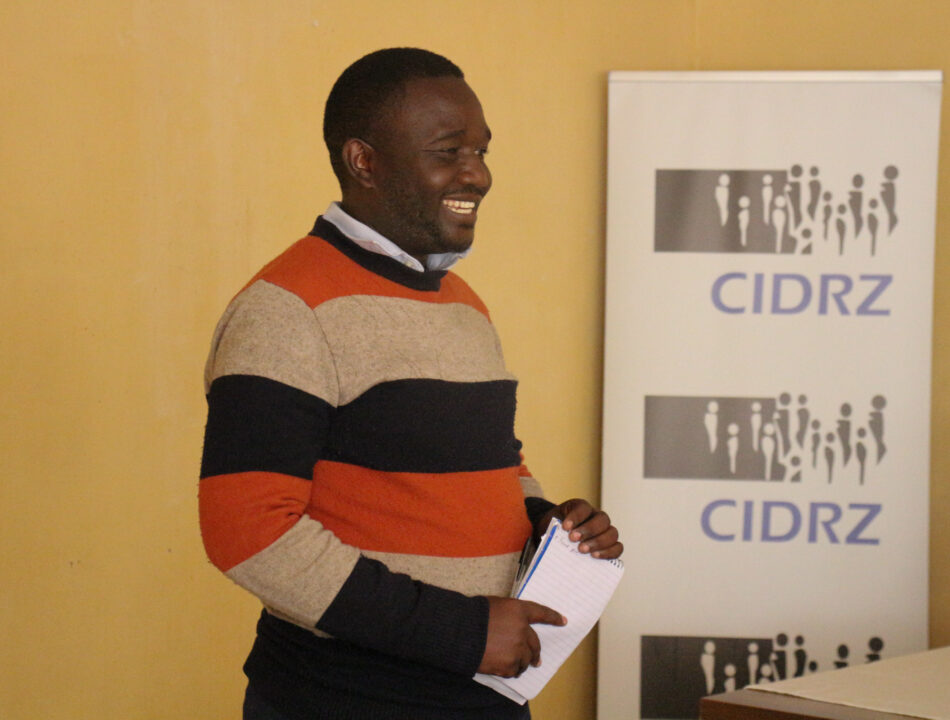
CIDRZ Partners with University of Sheffield to Develop AI-Based TB Screening Tool
February 13, 2025Differentiated community-based point-of-care early infant diagnosis to improve HIV diagnosis and ART initiation among infants and young children in Zambia: a quasi-experimental cohort study.
February 24, 2025Good News for Cholera Prevention: Zambian Study Finds Vaccine More Effective Than Natural Immunity
A recent study by the Centre for Infectious Disease Research in Zambia (CIDRZ) and its partners has revealed that the immune response generated by the oral cholera vaccine is significantly more potent than that following natural infection. This finding has important implications for cholera control strategies, particularly in regions like Zambia, which recorded over 23,000 cholera cases and over 700 deaths between October 2023 and July 2024.
Cholera, a disease affecting millions globally with an estimated one to four million cases annually, poses a significant public health challenge. This research sought to understand the difference in immune responses between individuals who recovered from natural cholera infection and those who received the oral cholera vaccine.
The study involved 106 participants. Fifty individuals were enrolled during a cholera outbreak in Eastern Province after recovering from a natural infection. The remaining 56 participants, from Central Province, had received the two-dose oral cholera vaccine. Researchers measured vibriocidal antibody levels (geometric mean titres) in both groups.
The results showed a clear distinction between the two groups. On day 28, after full vaccination (two doses), individuals who received the vaccine exhibited significantly higher antibody titres against Vibrio cholerae Ogawa compared to those who had recovered from natural infection.
This key finding challenges existing assumptions about cholera immunity and underscores the potential for vaccination to provide superior and more robust protection.
Based on their findings, the researchers recommend post-infection vaccination after a 40-day period. This strategy aims to bolster and sustain protection, especially in cholera hotspots. Read the complete study: https://www.sciencedirect.com/science/article/abs/pii/S0264410X24005875?via%3Dihub



